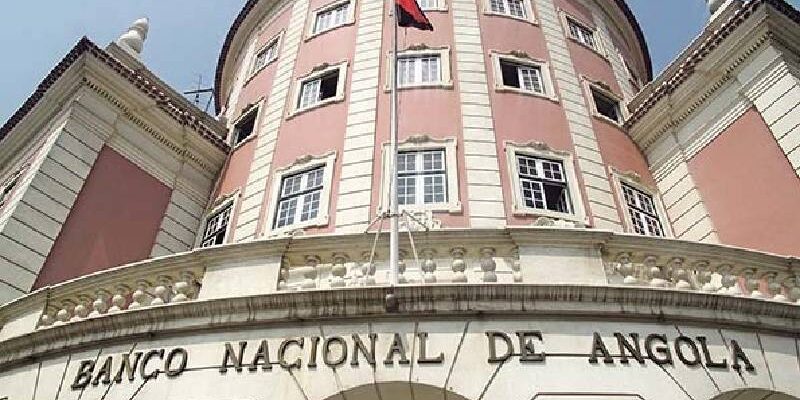The National Bank of Angola (BNA) plans to increase exposure to the Euro, in a decision explained by the return to positive interest rates in the European monetary bloc and geopolitical factors that have led central banks to diversify reserves.
“The BNA intends to increase exposure to the Euro, but not necessarily to the detriment of other currencies,” declared the central bank in a statement cited by Reuters.
“For a decade, the Euro was in a negative position in terms of interest rates, but it recovered from last year, offering attractive rates”, adds the document, pointing to this evolution as the reason why the BNA chose to increase exposure to European currency.
Oil, sold on world markets in US dollars, is the main source of foreign exchange earnings for the country, the second largest African exporter, after Nigeria.
According to the source, the move follows a broad trend, with around one in five of the 75 central banks surveyed by London-based think tank OMFIF forecasting an increase in euro holdings over the next two years.
Angola’s net international reserves rose, standing at US$14.733 billion at the end of 2023, equivalent to 7.5 months of import coverage, according to BNA data.
![]()




